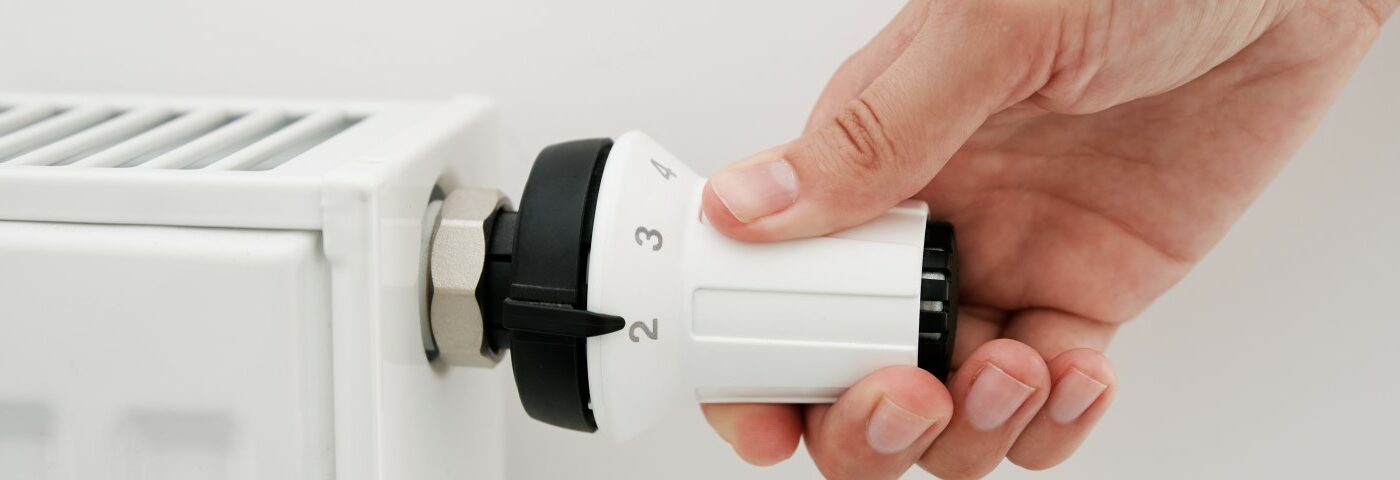Key Highlights
- Trends in District Heating Pipework is a new technical whitepaper written by REHAU's district heating design team.
- Heat networks hardly meet 2% of UK heat demand, despite the government's objective of 20% by 2050.
- The latest whitepaper details the factors and variables involved in implementing technology that will expand the UK's heating infrastructure.
- After announcing the winners of the Home Decarbonisation Skills Training competition, the government committed £9.2 million to finance over 9,000 training sessions for heat pump and energy efficiency installations in England.
- Home energy efficiency improvements are the most effective long-term plan, and this financing will ensure an adequate supply of trained installers.
Heat decarbonisation is the process of decreasing the amount of carbon dioxide released by heating systems. Clean heat for homes requires a change to low-carbon heating technologies. Heating is a major contributor to carbon emissions, which in turn contribute to global warming, in the United Kingdom. Decarbonizing heat is essential if the United Kingdom is to achieve its goal of having zero net emissions by the year 2050, as set by the government.
Steps needed to meet Europe's district heating deployment
In light of the fact that the United Kingdom's implementation of environmentally friendly and energy-efficient district heating technology is falling further and further behind that of other European nations, REHAU’s district heating design team has published a new technical whitepaper, Trends in District Heating Pipework, to offer technical guidance on district heating pipework in an effort to help close the gap.
According to Statista, the technology is utilised in one-fourth of all new-build homes in Germany. This shows that Mainland Europe is still in the lead when it comes to the adoption of heat networks. Heat networks, on the other hand, barely meet 2% of the demand for heat in the UK, despite the fact that the government has set a goal of meeting 20% of that demand by the year 2050. This demonstrates the need for increased urgency and guidance in order to enable a more effective national rollout.
As per REHAU Building Solutions UK Head of Marketing and Technical, Steve Richmond, in order to accomplish the goal, a greater awareness of the important factors to consider with these new systems is required. These factors include the jointing process, the design of the heat network, and other installation and site issues. The most recent whitepaper, which details the factors and variables involved in the implementation of the technology that is destined to play a significant role in the expansion of the UK's national heating infrastructure, was written with this consideration in mind.
Heat Pump Federation Director for Growth and External Affairs Bean Beanland has also stated that the Heat Pump Federation is thrilled to welcome the publication of this research and its contribution to UK heat decarbonisation. Supply chain leaders, such as REHAU, have a tremendous contribution to make in training, quality, and product innovation.
Given this, more actions are being taken to reach the net zero goal with heat decarbonisation. One of these actions refers to the improvement of heat pump installation.
Recognized training for retrofit, energy efficiency, and heat pump installation has been funded
After the government announced the Home Decarbonisation Skills Training competition winners, training programmes will be implemented across England to increase the number of qualified heat pump and energy efficiency installations. A total of £9.2 million has been allocated by the government to sponsor over 9,000 training sessions for heat pump and energy efficiency installations across England.
In addition to aiding the United Kingdom in meeting its significant carbon emissions objectives, this will add to the fast-expanding number of homes already saving hundreds of pounds per year by delivering energy efficiency solutions.
As per Business and Energy Minister Lord Callanan,
“The green energy sector is driving growth and creating jobs right across the country, and this funding will make sure we have enough tradespeople trained up and able to take advantage of these opportunities.
“We are making homes greener and cheaper to keep warm and training thousands more skilled installers will ensure we keep accelerating the pace of creating cleaner and more energy efficient buildings.”
In order to reduce energy consumption and costs, home energy efficiency improvements are the most effective long-term strategy, and this financing will be critical in ensuring a sufficient supply of qualified installers to implement these measures across the country.
The initial steps toward the net-zero target will be the reduction of carbon emissions and the adoption of a more sustainable energy source. In order to improve the built environment and mobility options while reducing costs and increasing energy efficiency, the heat decarbonisation community must be involved. To find out more about the efforts being made to reduce the carbon footprint for sustainability, visit the Dcarbonise Exhibition and Conference 2023 website right now.
Whether you have previously participated in All-Energy & Dcarbonise, or are joining us for the first time, we look forward to seeing you in Glasgow in 2023.

